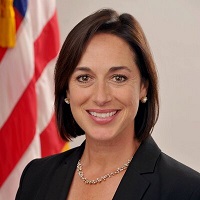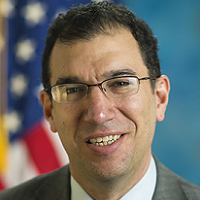
 By Karen B. DeSalvo, M.D., M.P.H., M.Sc., and
By Karen B. DeSalvo, M.D., M.P.H., M.Sc., and
Andy Slavitt / Acting Administrator, CMS
Twitter: @ONC_HealthIT / @CMSgov
Every day across America, health information technology (health IT) professionals and development teams are creating interoperability solutions using application programming interfaces (APIs). As this surge of innovation grows with each passing year, the likelihood that teams across the nation are creating similar or duplicative health IT applications is also increasing. Unfortunately, our capability to search for, discover, compare, and test existing applications has been limited and this lack of available information may contribute to a lag in the diffusion of innovation across the health IT application ecosystem.
Earlier this year, the Office of the National Coordinator for Health Information Technology (ONC) announced its vision for Connecting and Accelerating a Fast Healthcare Interoperability Resources (FHIR) App Ecosystem, with a total of $625,000 in funding support. This strategy expressed three complementary goals: 1) help consumers get and use their data; 2) improve user-experience for providers; and 3) coordinate open information about market-ready electronic health record (EHR) app solutions.
We are excited to announce that Boston Children’s Hospital, has been awarded approximately $275,000 to address our stated third goal of coordinating open information about market-ready EHR app solutions. This new cooperative agreement will support the development of an online app discovery site aimed at streamlining a developer’s ability to publish their health IT applications and for providers to discover and compare them. More specifically, this cooperative agreement requires Boston Children’s Hospital to:
- Conduct market research among the provider community to learn what discovery site users need in order to compare FHIR-enabled applications.
- Create an interactive, online resource for providers to find and compare EHR applications.
- Develop an innovation sandbox, with sample data, to allow providers to test EHR applications.
This is just another example of our commitment to encouraging community-driven, user-focused innovation to help pave the way for future innovations in health IT. These collaborative efforts will help build a stronger health IT ecosystem, where consumers and providers can get the health information they need, when and where they need it most.
This post was originally published on the Health IT Buzz and is syndicated here with permission.
